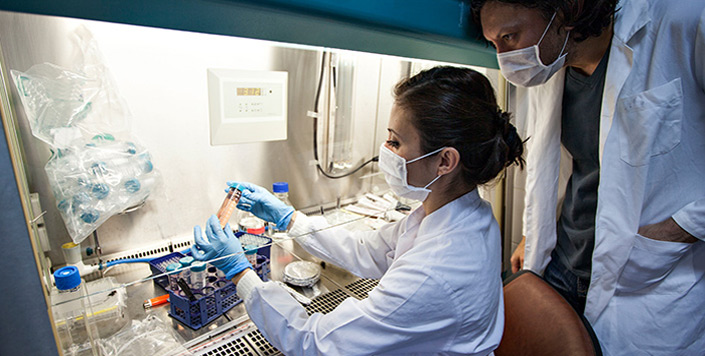
School of Medicine Publications and Presentations
Document Type
Article
Publication Date
10-1-2020
Abstract
COVID-19 is an infection disease caused by severe acute respiratory syndrome coronavirus 2 (SARS-CoV-2). COVID-19 is a mild to severe respiratory illness which has caused significant disruption to normal life over the past few months, nearly bringing parts of the world to a halt. As of 26 August 2020, more than 24 million COVID-19 infections have been reported and 821,000 deaths are associated with this disease [1]. According to the WHO (Geneva, Switzerland) and the US CDC (MD, USA), the clinical manifestation of COVID-19 is the presence of fever or chills, sore throat, dry cough, fatigue, muscle/body aches, headache, loss of taste/smell, congestion/runny nose, nausea/vomiting or diarrhea, in addition to respiratory symptoms [2]. Unfortunately, SARS-CoV-2 infection in patients with pre-existing disease conditions (e.g., hypertension and diabetes) can cause severe complications and, as a result, mortality [2]. Until today, no drugs or vaccine(s) have been approved to combat this disease. About 3115 clinical trials are registered to develop efficient vaccines or treatments for COVID-19 [3]. Several antivirals, such as lopinavir, ritonavir and nelfinavir, as well as the antimalarials chloroquine and hydroxychloroquine have been screened as potential therapeutic agents to combat SARS-CoV-2 [4]. However, none of them proved clinically beneficial. Considering the emergence of COVID-19, the development of antiviral agents that can block the virus’ entry into cells or target various elements of viral replication is highly sought.
Recommended Citation
Kashyap, V. K., Dhasmana, A., Yallapu, M. M., Chauhan, S. C., & Jaggi, M. (2020). Withania somnifera as a potential future drug molecule for COVID-19. Future Drug Discovery. https://doi.org/10.4155/fdd-2020-0024
Creative Commons License

This work is licensed under a Creative Commons Attribution 4.0 International License.
Publication Title
Future Drug Discovery
DOI
10.4155/fdd-2020-0024
Academic Level
faculty
Mentor/PI Department
Immunology and Microbiology


Comments
Original published version available at doi.org/10.4155/fdd-2020-0024